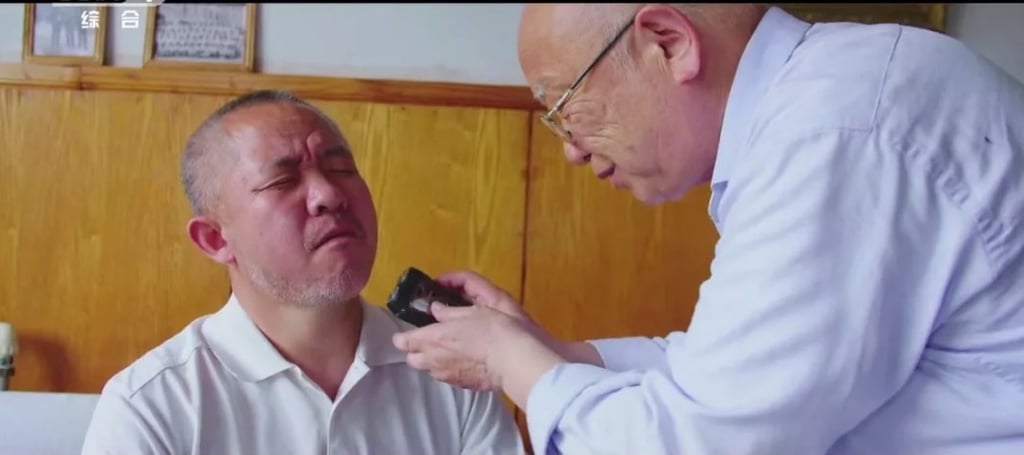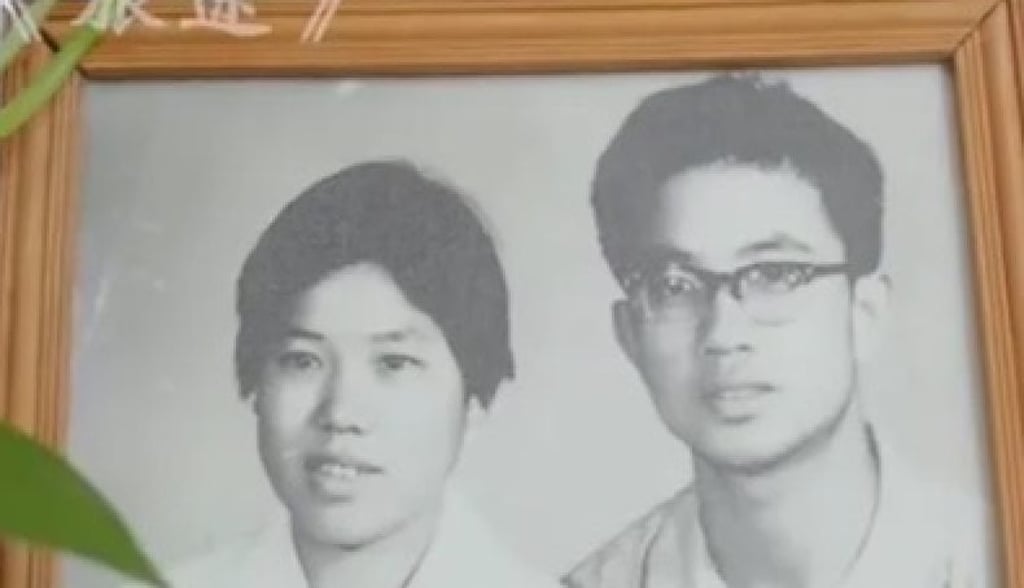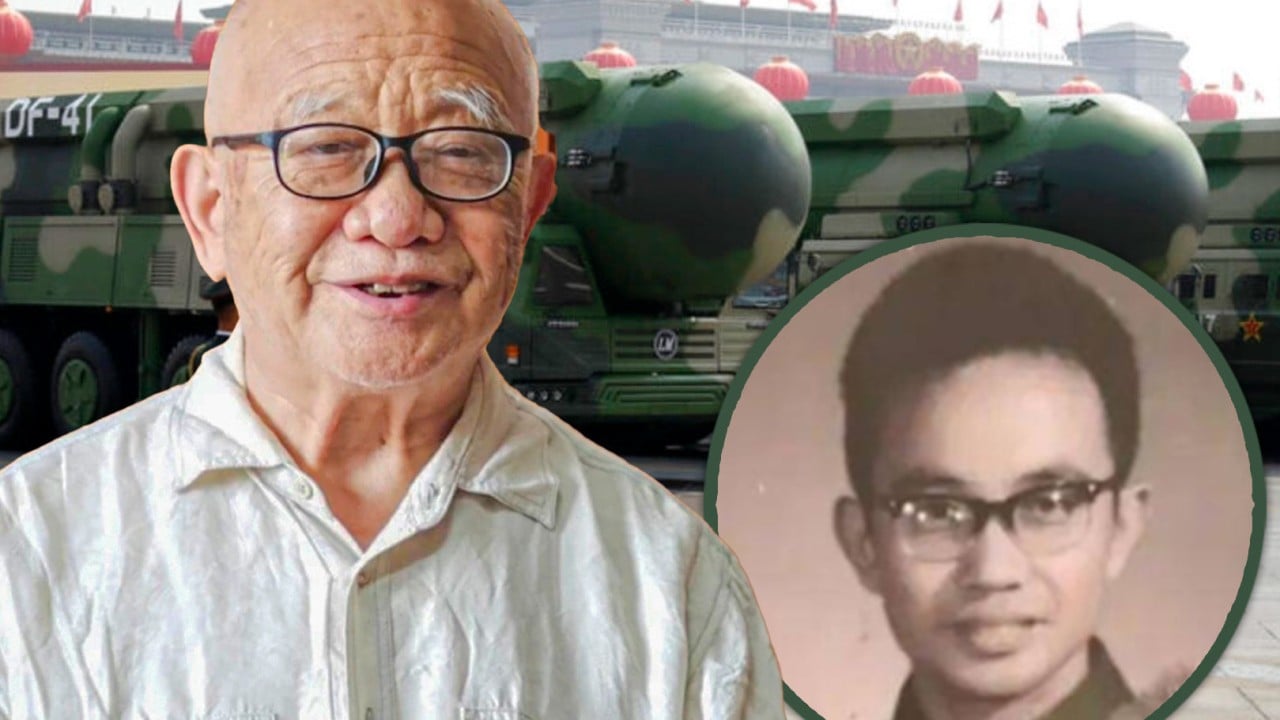A renowned nuclear weapons scientist in China – who devoted the first half of his life to his country and the second half to his family – is getting lots of attention online.
Wei Shijie, 83, from Shandong province in eastern China, dedicated 26 years to national defence and now faces the challenge of caring for his two children, one with an intellectual disability and the other with schizophrenia.
In the 1960s, as the United States and the Soviet Union imposed a strict nuclear technology blockade on China, the country began developing its own nuclear weapons and satellite technology.
In 1964, at the age of 23, Wei was a physics graduate from Shandong University, who was selected to join a secret group of scientists to work on classified weapons development, where he tested explosives, according to his resume online.
“I experienced two accidental explosions while working. Once, my colleague was tragically blown to pieces. I was prepared to sacrifice myself for the research,” he said.

To maintain confidentiality, nuclear weapons scientists were isolated on a plateau in Qinghai province, northwest China, cut off from their families and the outside world.
Wei worked at over 3,200 metres altitude on the nuclear weapons programmes for 26 years, contributing to the development of China’s first atomic and hydrogen bombs and leading 17 research projects.
In 1990, Wei ended his research work and returned to his hometown at the age of 49. However, life was not as peaceful as he had imagined.
Mainland reports show that his son, Wei Gang, was born with an intellectual disability and has the mental age of a six-year-old.
In 2000, his daughter, Wei Haiyan, suffered a mental breakdown after a job failure and a broken relationship and was diagnosed with schizophrenia.
By 2007, his wife Chen Weiying had also developed schizophrenia and was unable to cope with the children.
Suddenly, the once-happy family of four consisted of three patients, and all the burden for their care fell on Wei’s shoulders.
He took care of his wife who was unable to look after herself, needed to be constantly vigilant to prevent his daughter from running away or harming herself, and supported his son.
But Wei does not expect praise for what he sees as his duty of care. He simply said: “A father is the greatest support for his children. When they encounter problems, the father must step forward.”
To relieve the pressure on her husband, his wife Chen attempted suicide multiple times but was always rescued in time and received meticulous care from Wei. She passed away from an illness last year.
The optimistic scientist once mocked himself as an “unlucky old man” saying: “No matter what, I feel that I absolutely cannot collapse. If I collapse, the family will fall apart.”
In addition to taking care of his family, Wei wrote more than two million words on popular science, which filled 11 books.

“When I write stories, my mind temporarily does not think about family matters. It’s like recharging myself,” he said.
Summing up his approach to life, he advised: “Embrace both happiness and suffering, and that is true love for life.”
Wei spoke about his will and the arrangements he had made for his children for when he died in an interview with Phoenix News on July 14.
He said that he had found two guardians for his son and daughter, bought two insurance policies, and planned to leave three houses to them.
“The first half of my life was dedicated to researching nuclear weapons for my country. The second half was spent caring for my family. I have fulfilled my duties as a father and husband,” he said.
If you have suicidal thoughts or know someone who is experiencing them, help is available. In Hong Kong, dial +852 2896 0000 for The Samaritans or +852 2382 0000 for Suicide Prevention Services. In the US, call or text 988 or chat at 988lifeline.org for the 988 Suicide & Crisis Lifeline. For a list of other nations’ helplines, see this page


